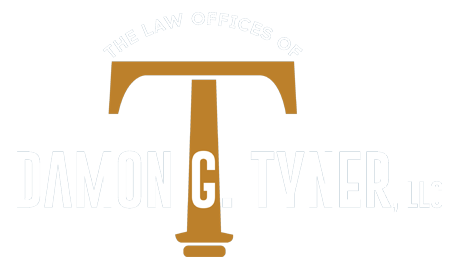In New Jersey, people who have the skills, a business plan and a catchy theme for the food service industry often want to try their hand at opening a restaurant. While this can be a successful endeavor, there are obstacles that they must overcome. One is getting a liquor license.
For restaurants and food service establishments that can serve alcohol, they can make a significant profit as well as increasing the potential customer traffic. However, getting a liquor license can be a complicated process.
Understanding “B.Y.O.B.” in New Jersey
One question that prospective restaurant proprietors often ask is if customers can bring their own bottle (B.Y.O.B.) while they wait for the liquor license. This can be done, but it is important to understand the legal details.
Failure to follow the law can sabotage the entire business and ruin the chance of getting a liquor license. B.Y.O.B. can be a beneficial strategy to get the business running even before a liquor license is approved.
Those who have a restaurant and want to let customers bring their own bottle can do so except in cases where the municipal ordinance prohibits it. B.Y.O.B. is limited to wine and beer. Liquor is not allowed. Still, the restaurant can provide everything else including glasses and other items needed to consume the drink.
Restaurant proprietors must remember that they cannot legally advertise their B.Y.O.B. policy. There are certain times at which those with a liquor license are not allowed to serve alcohol.
This also applies to businesses that are B.Y.O.B. If anyone under the age of 21 is clearly under the influence, they cannot be allowed to drink alcohol on the premises. For businesses with a liquor license, there will generally be a relationship with distributors for free delivery. Those using B.Y.O.B. cannot do this.
Understanding New Jersey business liquor laws may require assistance
Taking on the responsibility of opening or taking over a restaurant can be intimidating, especially when the legal complexities become clear. The restaurant owner will have many questions and concerns. Alcohol service can be a vital part of attracting customers and B.Y.O.B. might be effective while waiting for a liquor license.
Having guidance from legal professionals is key to achieving a positive outcome, but it is also important to have the proper advice. Consulting with those who have experience in all areas of the law – including working privately, being a prosecutor and serving as a judge – can be critical. With business liquor licenses or anything else related to starting, purchasing or expanding a business, it is useful to have professional help from the outset.

